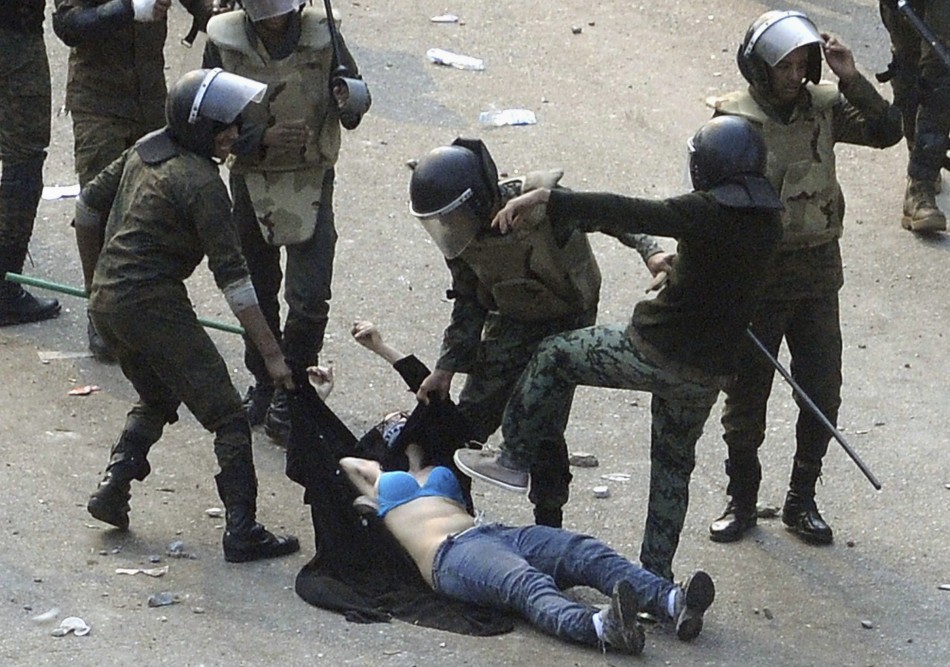2011: The Women of the Arab Spring


Young, old, pro regime, pro-reforms, liberals or more conservatives, women of the Arab world have broken free of the traditional patriarchy that has dominated their lives and helped shape and ferment an unprecedented revolution across the region in 2011.
While former international figures such as Suzanne Mubarak, Asama al-Assad and Aisha Gaddafi were previously praised for their campaigns for women's rights, after the revolution female activists criticised them for controlling and monopolising the feminist movements.
The involvement of women in the Arab Spring should not come as a surprise as in the Arab world, they have been the most consistent advocates of civil society across the region.
Social medias have been instrumental in giving them a voice where they can express their needs, call for reforms but also denounce the systematic persecution by oppressive regimes.
Assaulted and even sexually abused by the authorities, women have vowed not to give up on their calls for more rights, more access to political life and more freedoms.
Often suffering from discriminatory legislation aimed at minimising their role in the public life, they are well aware that "democracy" for only half the people is not democracy.
Perhaps the picture of the Egyptian woman being put on the ground and dragged by her arms by the security forces in Egypt echoes best the struggle led by women.
It certainly proves that even if the regimes that sparked protests have fallen, female activists and protesters are still being targeted.
Beaten up and kicked around, the young woman also had her clothes ripped off by the authorities, in an attempt to humiliate and punish her for standing up against their oppression.
In Egypt, most of the women arrested during the protests have talked of being sexually assaulted, while the authorities said they wanted to be groped, often labelling them as prostitutes.
The arrest, detention, abuse, humiliation and even torture of women protesters however is not a new phenomenon.
Most of the female activists leading the protests had been arrested and abused long before the Arab Spring and are aware that playing a role in the revolution also does not assure them future equality.
During the Algerian War of Independence for example women fought and died beside men, but after the war was won were oppressed by the same "revolutionary brothers" they had fought with.
In 2011, unfortunately, the main challenge of women's activist remains to sustain the role they have played in the revolutions by taking part in the new transitional governments that have emerged.
Despite still suffering from abuse and repression, women in the Arab World have warned they will not let their work and expectations fade into the background, and let men only benefit from the fruits of the revolutions.
© Copyright IBTimes 2025. All rights reserved.





















